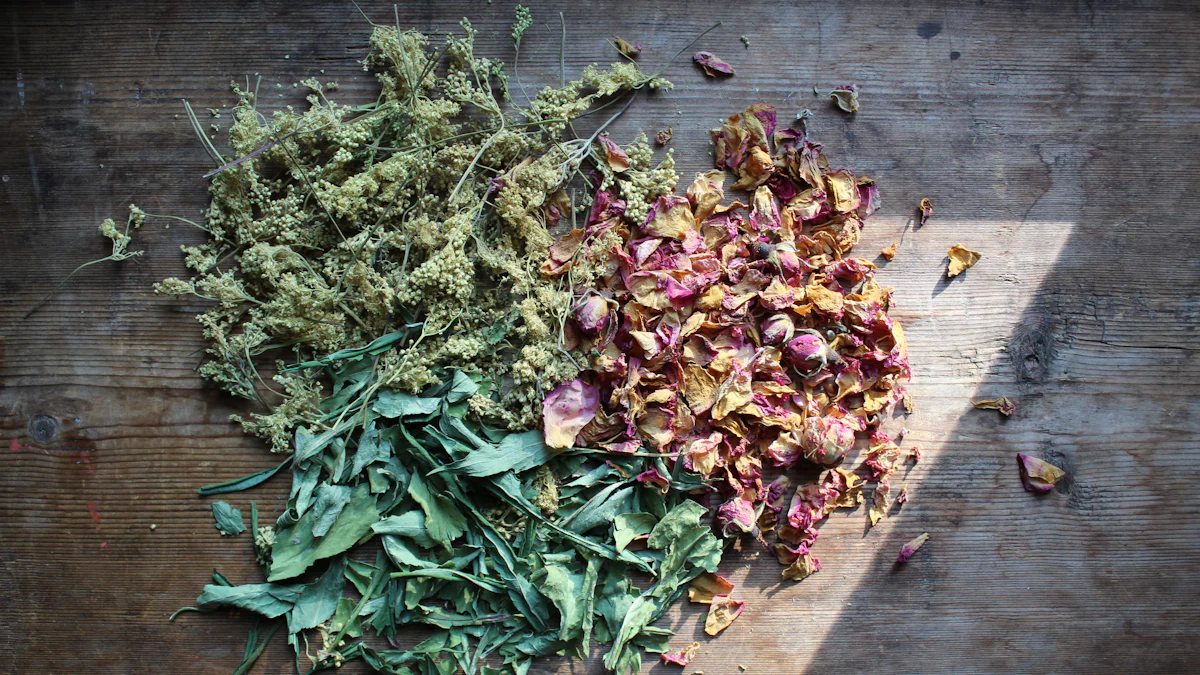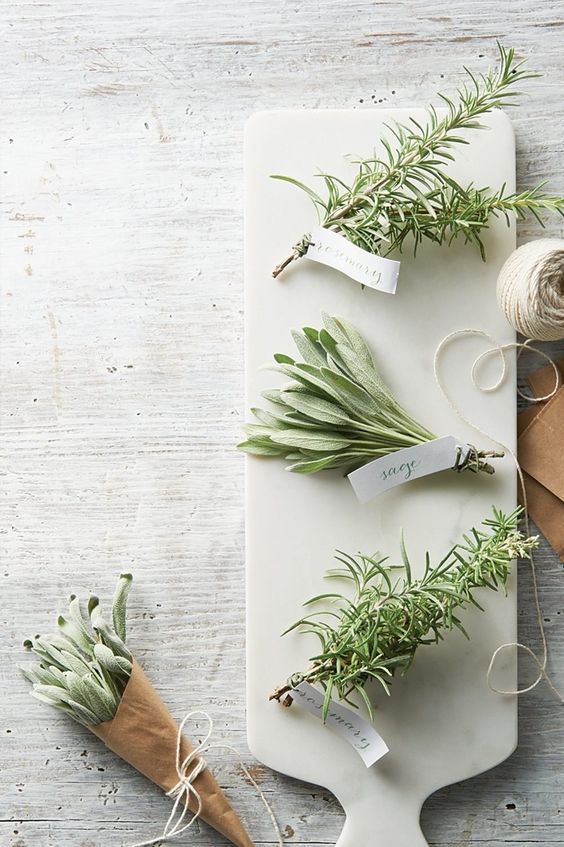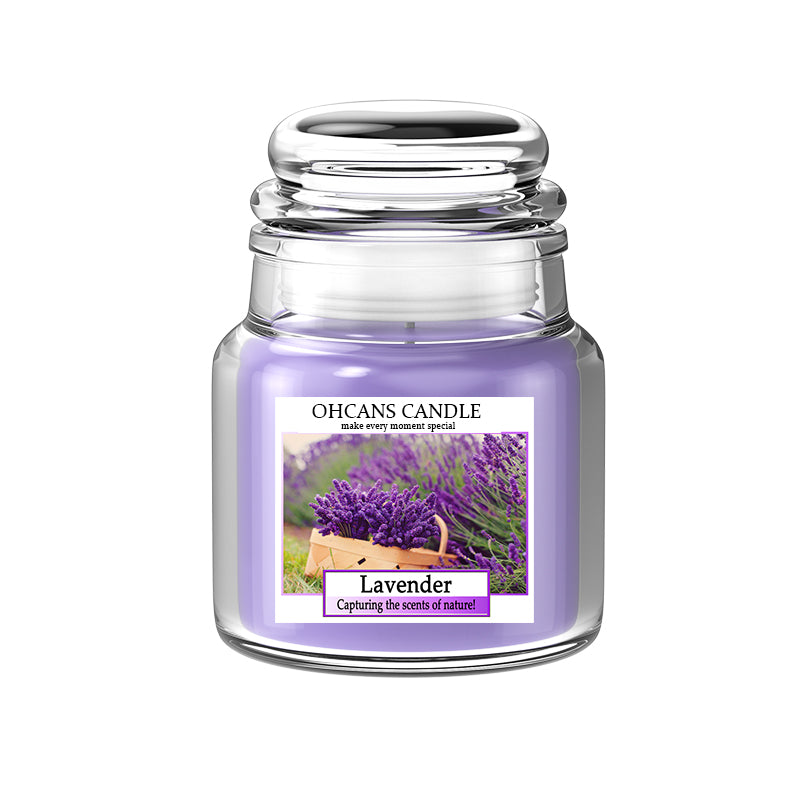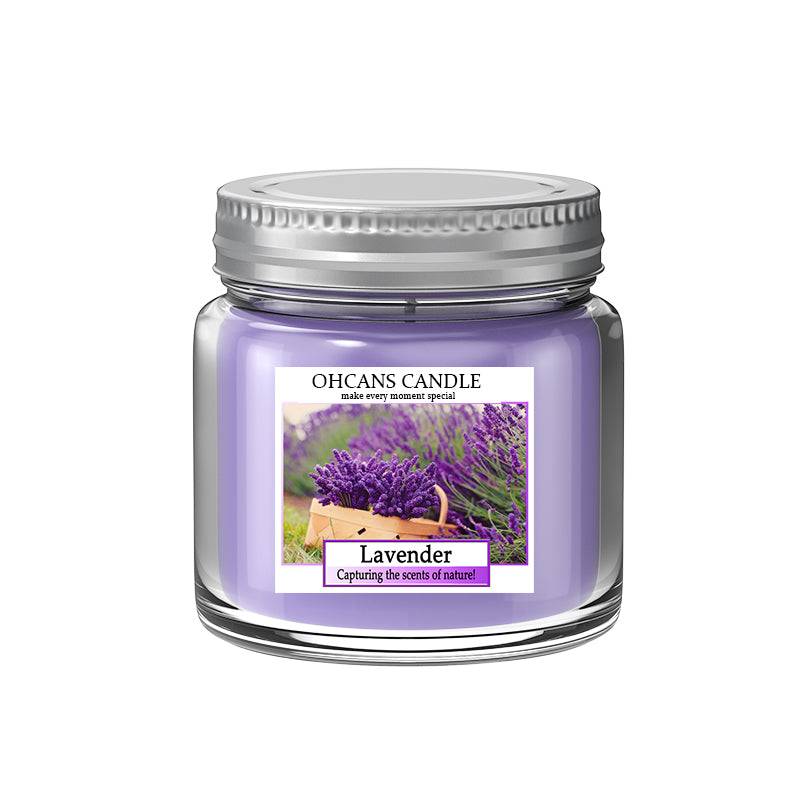The Ultimate Guide to Drying Herbs: Methods, Benefits, and Storage

Why Dry Herbs?
Drying herbs is a popular method of preserving their flavor and extending their shelf life. Whether you have an abundant herb garden or want to take advantage of seasonal offerings, drying herbs allows you to enjoy their benefits long after they are harvested.
One of the key advantages of drying herbs is that it makes them more convenient to use in various applications. Culinary creations can be enhanced with the addition of dried herbs, adding depth and complexity to dishes. From soups and stews to sauces and marinades, dried herbs bring a burst of flavor that can elevate any recipe.
Herbal remedies also benefit from dried herbs. By drying medicinal plants, you can preserve their potency for future use in teas, tinctures, or herbal preparations. Dried herbs retain their therapeutic properties, allowing you to harness their healing benefits whenever needed.
For gardening enthusiasts, drying herbs provides a way to preserve the fruits of your labor. Instead of letting excess herbs go to waste, you can dry them and enjoy the flavors and aromas throughout the year. It's a satisfying feeling knowing that your hard work in cultivating a herb garden can be enjoyed even during the off-season.
By utilizing different herb drying methods such as air drying, oven drying, or using a dehydrator, you have flexibility in choosing the method that suits your needs best. Each method has its own unique characteristics and benefits when it comes to preserving the quality of your herbs.

Methods of Drying Herbs
When it comes to drying herbs, there are several methods you can choose from based on your preferences and available resources. Two popular methods are air drying and oven drying.
Air Drying
Air drying is a simple and traditional method that has been used for centuries to dry herbs. It involves hanging the herbs upside down in a well-ventilated area until they are completely dry. This method works best for herbs with low moisture content, such as rosemary, thyme, and oregano.
To air dry herbs, start by harvesting them when they are at their peak freshness. Remove any damaged or discolored leaves and gently wash the herbs to remove any dirt or insects. Bundle small bunches of herbs together with twine or rubber bands, making sure not to overcrowd them. Hang the bundles upside down in a cool, dry place away from direct sunlight.
The key to successful air drying is ensuring proper airflow around the herbs. Choose a well-ventilated area where air can circulate freely. This allows moisture to evaporate slowly without causing mold or mildew growth. Depending on the herb and environmental conditions, it may take anywhere from one to three weeks for the herbs to fully dry.
Oven Drying
Oven drying is a quicker method that requires low heat to gently remove moisture from the herbs. This method is suitable for herbs with higher moisture content, such as basil or mint. Oven drying allows you to preserve the vibrant color and flavor of fresh herbs more effectively compared to other methods.
To oven dry herbs, preheat your oven to its lowest setting (usually around 140°F or 60°C). While waiting for the oven to heat up, prepare your herbs by washing and patting them dry thoroughly. Place the herb sprigs in a single layer on a baking sheet lined with parchment paper.
Once the oven reaches the desired temperature, place the baking sheet inside and leave the oven door slightly ajar to allow moisture to escape. Keep an eye on the herbs as they dry; this process typically takes about one hour but can vary depending on factors like herb thickness and moisture content.
Remember that it's crucial not to use high heat when oven drying herbs since it can cause them to lose their essential oils and flavors. The goal is gentle dehydration rather than cooking them.
Benefits of Drying Herbs
Drying herbs offers several benefits that make it a popular method for preserving the flavor and quality of herbs. Let's explore two key advantages: preserving flavor and extending shelf life.
Preserving Flavor
One of the primary benefits of drying herbs is that it helps preserve their natural flavors and aromas. Freshly harvested herbs have vibrant tastes and scents, but they can quickly lose their potency if not used promptly. By drying herbs at their peak freshness, you can capture their essence and enjoy the taste of fresh herbs all year round.
When herbs are dried, the moisture content is reduced, concentrating their essential oils responsible for their distinct flavors. This concentration enhances the intensity of flavors, allowing you to use smaller quantities of dried herbs compared to fresh ones while still achieving robust taste profiles in your culinary creations.
Whether you're adding dried basil to a pasta sauce or sprinkling dried rosemary over roasted vegetables, dried herbs bring depth and complexity to dishes. The preserved flavors can elevate your recipes and provide a burst of aromatic delight with every bite.

Extended Shelf Life
Another significant advantage of drying herbs is the extended shelf life it provides. Fresh herbs have a limited lifespan due to their high water content, making them susceptible to spoilage. However, when properly dried and stored, herbs can be preserved for months or even years without losing their potency.
Dried herbs have minimal moisture content, which inhibits the growth of bacteria and mold that cause spoilage. By removing moisture through the drying process, you create an environment where microorganisms cannot thrive. This allows you to keep your favorite herb varieties on hand whenever inspiration strikes in the kitchen.
The extended shelf life also means that you can take advantage of seasonal herb harvests or bulk purchases without worrying about wastage. Drying excess fresh herbs ensures they won't go to waste while allowing you to maintain a well-stocked herb pantry throughout the year.
With properly dried and stored herbs at your disposal, you have the freedom to experiment with various flavor combinations in your cooking or enjoy herbal teas with confidence in their quality.
Proper Storage of Dried Herbs
Proper storage is essential to maintain the quality and potency of dried herbs. By following these guidelines, you can ensure that your herbs remain fresh and flavorful for an extended period.
Choosing the Right Containers
When it comes to storing dried herbs, selecting the right containers is crucial. Opt for airtight containers that prevent moisture and air exposure, as these elements can degrade the quality of your herbs over time. Glass jars with tight-fitting lids or metal tins are excellent choices for maintaining freshness.
Avoid using plastic containers, as they may not provide an adequate barrier against moisture and air. Additionally, plastic containers can absorb odors and flavors from the herbs, compromising their taste and aroma.
Before storing your dried herbs, make sure they are completely dry to prevent any potential moisture buildup inside the containers. Moisture can lead to mold growth or spoilage, diminishing the quality of your preserved herbs.
Label each container with the name of the herb and the date it was dried. This simple step will help you keep track of freshness and ensure you use older herbs before newer ones.
Storage Conditions
To maintain the potency of your dried herbs, store them in optimal conditions:
Cool: Choose a cool storage location for your dried herbs. High temperatures can cause flavor loss and degradation of essential oils. A cool pantry or cupboard away from heat sources like stoves or direct sunlight is ideal.
Dark: Exposure to light can also affect herb quality over time. Store your dried herbs in a dark place to protect them from light-induced degradation.
Dry: Moisture is one of the biggest enemies when it comes to preserving dried herbs. Keep them away from humid areas like kitchens or bathrooms. If you live in a particularly humid climate, consider using desiccant packets in your herb containers to absorb any excess moisture.
By ensuring proper storage conditions for your dried herbs, you'll be able to enjoy their full flavor and medicinal properties whenever you need them.
Do You Need A Licnese to Sell Dried Herbs?
Well. Since drying is one of the oldest way of preservation, dired herbs becomes a popular commodity in farmers market. In different states and provinces within North America, the sale of dried herbs are tipically permited in various state. However, there is one thing to keep in mind, that is labeling and basic product packaging.

In Conclusion
Drying herbs is a valuable technique for preserving their flavor, extending their shelf life, and making them more convenient to use. Whether you're a home cook looking to enhance your culinary creations, an herbalist seeking to harness the medicinal properties of herbs, or a gardening enthusiast interested in preserving your harvest, drying herbs is a skill worth mastering.
By following the methods discussed in this guide and implementing proper storage practices, you can enjoy the benefits of dried herbs in your everyday life. Air drying provides a simple and traditional approach, while oven drying offers a quicker alternative. Whichever method you choose, ensure that your herbs are completely dry before storing them.
Proper storage is key to maintaining the quality and potency of dried herbs. Use airtight containers such as glass jars or metal tins to protect them from moisture and air exposure. Store your dried herbs in cool, dark, and dry conditions away from heat sources or direct sunlight.
With dried herbs at your disposal, you can elevate the flavors of your favorite dishes year-round. Experiment with different herb combinations to create unique culinary experiences. Harness the medicinal properties of dried herbs for herbal remedies or teas that support health and well-being. And as a gardening enthusiast, take pride in preserving the fruits of your labor by drying excess fresh herbs for future use.
Embrace the art of drying herbs and unlock a world of flavor, fragrance, and convenience in your culinary, herbal, and gardening endeavors.



